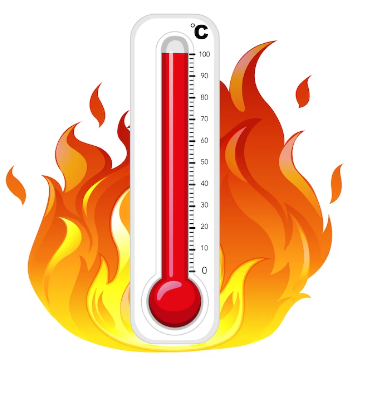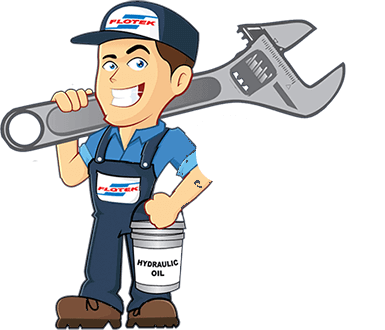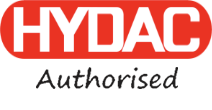7 Reasons Why Hydraulic Pumps Overheat

Is your hydraulic pump getting excessively hot during normal operation? Like any mechanical system, hydraulic pumps can sometimes overheat.
The fundamental problem when this happens is that it can thin the hydraulic fluid, which reduces lubrication and leads to metal-on-metal contact of moving parts. It’s fairly common, so we’ve outlined the typical reasons why, and how to prevent it.
Hydraulic pumps play a crucial role in various industries, powering machinery and equipment through the force of pressurised fluid. And whilst they do generate heat when operating, they are designed with specific heat tolerances in mind.
What causes excess heat in your hydraulic pump?
Low fluid levels:
One of the primary reasons for hydraulic pump overheating is an inadequate fluid supply. When the fluid level is low or the pump is not receiving enough fluid, it can lead to increased friction and heat generation. Regularly check the fluid levels and ensure that the pump is receiving an adequate supply to prevent overheating.
Excessive Pressure:
Operating a hydraulic pump at excessively high pressure can cause it to overheat. This can occur due to system malfunctions, such as a faulty pressure relief valve or a blocked flow control valve. It is essential to monitor and maintain the pressure within the recommended range to prevent overheating and potential damage to the pump.
Contaminated Fluid
Contaminated hydraulic fluid can also contribute to pump overheating. Particles, dirt, or air bubbles in the fluid can cause increased friction and reduced efficiency, leading to excessive heat generation. Regularly inspect and maintain the fluid quality by using proper filtration systems and replacing the fluid as recommended by the manufacturer.
Aeration
This occurs when air enters the hydraulic system through air leaks at in pump seals and pipe fittings. Subsequently, compression takes place within the hydraulic system, because when air is compressed, it generates heat. In severe cases, it can even lead to a phenomenon known as 'hydraulic dieseling,' where compressed air bubbles explode similarly to how diesel engines operate. This is quite bad, as it leads to degradation of the fluid, which causes a loss of lubrication and burning of seals.
Contaminated Fluid
Similar to aeration, Cavitation refers to the rapid creation and collapse of air cavities within the hydraulic fluid. When these cavities collapse under pressure, they produce a significant amount of heat, with temperatures reaching as high as 2700 degrees Celsius. This not only reduces lubrication, it also poses severe damage to the hydraulic pump and the entire system. It can damage hoses, seals, and even lead to metal deformation.
Inadequate Cooling:
Hydraulic pumps require proper cooling to dissipate heat effectively. If the cooling system, such as a heat exchanger or radiator, is not functioning correctly or becomes clogged with debris, it can hinder the cooling process and result in overheating. Regularly inspect and clean the cooling system to ensure optimal performance.
Overloading or Continuous Operation:
Operating a hydraulic pump beyond its designed capacity or running it continuously without sufficient breaks can lead to overheating. Pumps have specific duty cycles, and exceeding these limits can cause excessive heat buildup. Ensure that the pump is appropriately sized for the application and allow it to rest periodically to prevent overheating.
So how can you prevent it?
Regular maintenance and inspection of the hydraulic system, including fluid levels, filters, and cooling components.
Use high-quality hydraulic fluid (don’t skimp on this), and ensure proper filtration to minimize contamination.
Monitor and maintain the pressure within the recommended range.
Avoid overloading the pump and provide sufficient rest periods
Excessive heat is only one symptom of hydraulic pump problems – there are many other warning signs that something’s wrong with your hydraulic system. You should also pay attention to unusual noises, pressure problems, leaking oil and flow problems. Each of these symptoms provide clues about any potential pump problems that need to be addressed.



